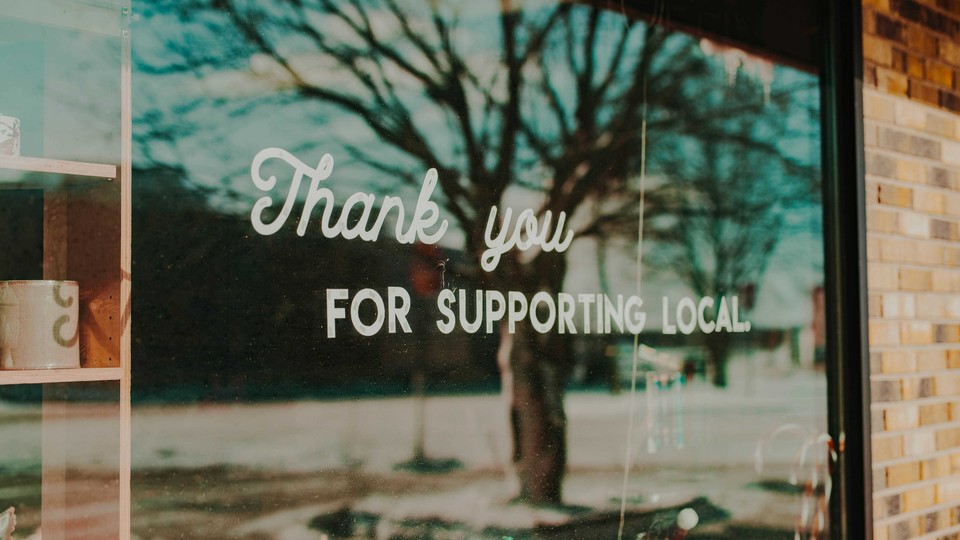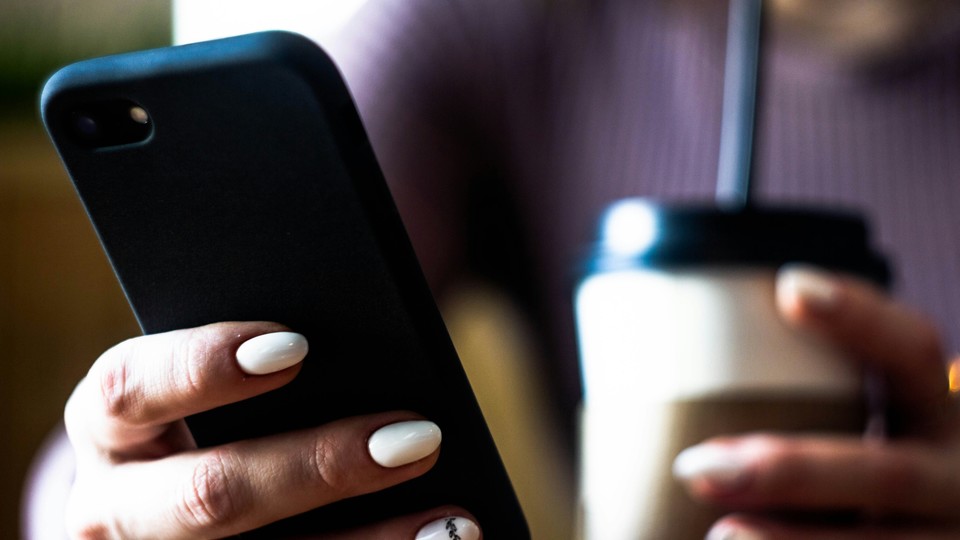
A Luxury You Can Afford
How Time And Distance Change How You Feel About Your Hotel
Based on research by Ajay Kalra and Wei Zhang
How Time And Distance Change How You Feel About Your Hotel
- Circumstances play a major role in consumer choice and satisfaction.
- Customers who book hotels far in advance are more likely to pick expensive hotels — and to be happy with them.
- Time and emotion color how consumers feel about their hotel accommodations.
An office worker gazes dreamily at their computer, looking for the perfect hotel for their vacation in Venice. For an instant, they hovers on a website offering simple but clean accommodations at a modest price. Then they scroll onward, hitting “submit” on a high-end destination with a spa, trendy restaurant and lavish linens. Why did they choose the sumptuous hotel instead of the economical one? And how will they feel about that choice at the end of their stay?
Researchers used to assume that shoppers balanced quality and price in order to make their choices. But there’s far more to it than that. Research shows that variables that may seem totally circumstantial play a powerful role both in consumer choice and in later satisfaction. If the daydreaming office worker had booked their room from home instead of work, for instance, they would have likely picked the cheaper option. And whether they went upscale or moderate, if they paid three months in advance instead of three weeks, they would have liked their hotel more.
Ajay Kalra, a professor at Rice Business, studied shoppers’ use of online travel sites to discern how they choose and rate hotels, and how circumstantial variables sway their decisions. Contrary to conventional wisdom, he found, outside factors such as distance traveled and the date that a hotel was booked affected both the quality of accommodation travelers chose and even their perception of the hotel after their stay. For instance, travelers heading to distant cities chose better hotels than those staycationing near home. Yet curiously, these long-distance travelers came away less happy with their lodgings than those who stayed nearby.
Time made a difference too. Customers who reserved early chose better hotels and rated them more highly than travelers who booked at the last minute. Even the hour of day mattered: Travelers who booked during the workday chose higher-quality hotels than those who booked during their time off. Yet those who booked from work rated hotels more harshly than those who chose from home.
What could be behind the impact of such seemingly irrelevant details? Working with Wei Zhang of the Ivy College of Business at Iowa State University, Kalra found that standard economic approaches offered little explanation. So the researchers turned instead to psychological theory. What they found suggests that managers should track circumstantial variables as well as more standard metrics in order to predict consumer choices.
The key to the unusual findings, Kalra and Zhang argue, is the power of the past. According to a model called construal-level theory, variables that seem completely random wield power because of the emotional impact of time. As events grow more distant, consumers see them in a more abstract way, sometimes through rose-colored glasses. In contrast, they tend to view recent events in a more detailed and specific way. Thus, variables that at first glance seem random can predict consumer selection and satisfaction with some accuracy.
To get a deeper understanding of these patterns, Kalra and Zhang used the lens of “consumption episodes,” breaking trips down into related purchases such as airfare, hotels and meals. The idea is that most vacation shoppers seek a peak experience, so they buy the highest quality product they can afford across all areas. Traveling far and then staying at a mediocre hotel could undermine the peak experience, so those traveling greater distances seek out higher quality lodging, food and the rest.
Exhaustion, stress, hunger or just a long day at work can affect decision-making. Research into a model called depletion theory shows that judges make a higher percentage of favorable decisions after snack breaks, and that people who are tired are more likely to splash out on pricey consumer items. This may explain, Kalra and Zhang suggest, why vacationers who book hotels from the office crave more luxurious accommodations than those who reserve from the comfort of their couches at home.
Timing and payment method can also affect customer choice. According to the theory of prospective accounting, the pain of paying is dulled when done far in advance, for example by credit card. Consumers who prepay for vacations experience a gulf between payment and consumption, so the vacation feels free. This could account for the high satisfaction rate among travelers who book hotels far in advance.
Teased from data and analyzed through social science, Kalra’s findings offer concrete guidance for sellers and consumers alike. Managers need to accept that some aspects of consumer rating satisfaction are completely out of their control — and they should make sure their superiors know this too. This is particularly important in companies that evaluate employee performance on customer satisfaction metrics.
Consumers, especially travelers, it turns out, have more control over their experience than they might imagine. It may be hard to predict the weather in Europe or the construction schedule outside your hotel room window, but book early enough to forget paying, and click “submit” from the living room with a cat curled nearby, and you just might treat yourself to a free upgrade.
Ajay Kalra is the Herbert S. Autrey Professor of Marketing at Jones Graduate School of Business at Rice University.
To learn more, please see: Zhang, W. & Kalra, A. (2014). A joint examination of quality choice and satisfaction: The impact of circumstantial variables. Journal of Marketing Research, 51(4), 448-462. .
Never Miss A Story


